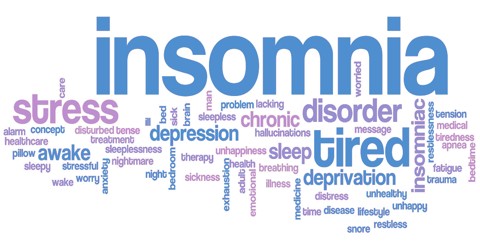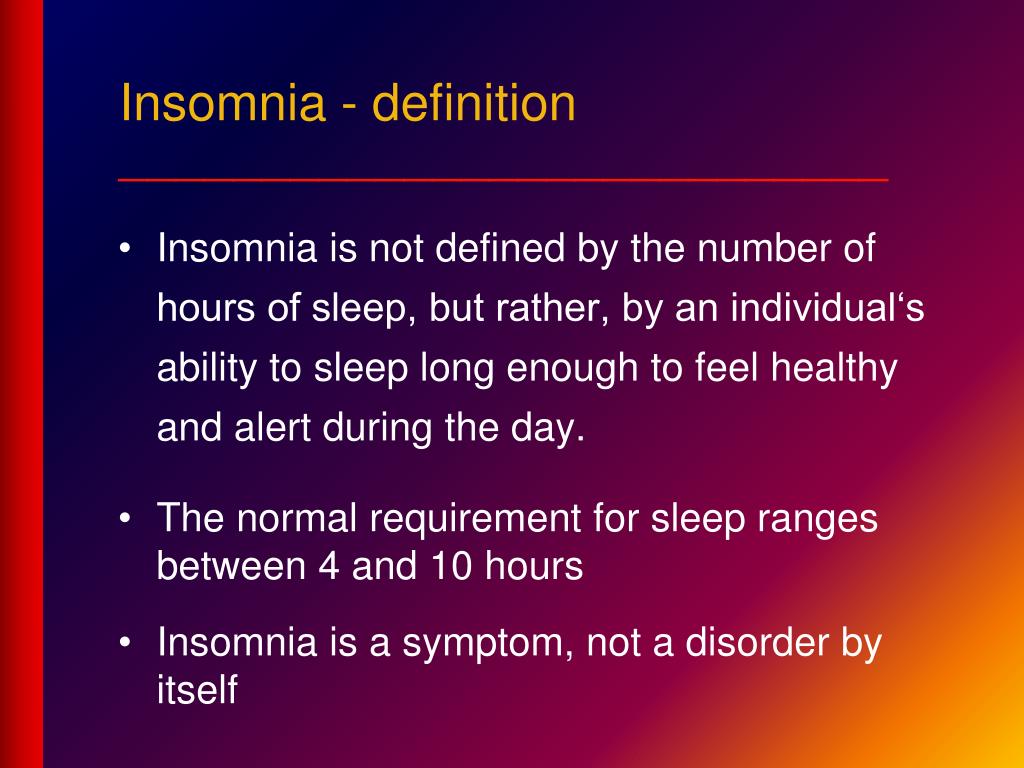

Insomnia can decrease mental function and lead to problems thinking, concentrating, and/or paying attention during wake hours. Individuals with insomnia should therefore avoid drinking caffeinated drinks or any other substance that might disrupt sleep. However, increasing the intake of this stimulant only worsens the sleep problems already being experienced during the night. As a result, these individuals may rely on a high caffeine intake to keep them awake throughout the day. People affected by insomnia often find that they feel exhausted and sleepy throughout the day.

This is often due to extended periods of light sleep or as a result of sleep disturbances that disrupt the stages of sleep needed for adequate rest.
SARS-CoV-2 infection could increase the risk of brain degeneration seen in Parkinson's diseaseĭespite some individuals with insomnia do manage to sleep through the night, they still do not feel refreshed upon waking up the following morning. Insomnia common in heart disease patients and linked with subsequent cardiovascular events. Busy Americans get the least sleep at age 40, study reports. Despite feeling extremely tired or exhausted upon waking up, these individuals are often unable to drift back off to sleep. Some people with insomnia may be able to fall asleep and stay asleep for a period of time but then wake up in the early hours of the morning, at 3 or 4 am, for example. This inability to sleep through the night can mean that people wake up without feeling properly rested and refreshed, which can also lead to problems in the day. Sometimes people with this condition do manage to fall asleep but then wake up frequently throughout the night. This problem can last for long periods, leading to severe sleep deprivation, which has a very negative impact on daily life. People affected by insomnia may lie in bed for hours but find that they are unable to fall asleep. Often, people suffer from problems during the day as a result of difficulty focusing or being able to stay awake. Some people may develop severe symptoms and are subsequently unable to fall asleep at all for long periods of time, while others may fall and stay asleep for the duration of the night, but not feel refreshed when they wake. The symptoms of insomnia can vary significantly from person to person. Acute insomnia is short-term and may last anywhere from one night to as long as four weeks, whereas chronic insomnia is defined as insomnia that occurs for at least three nights per week for a month or longer. Insomnia is also described as acute or chronic. Primary insomnia has no obvious cause, whereas secondary insomnia arises as a result of another underlying health condition. Insomnia can be classified as either primary or secondary. Women are more likely to develop the condition as compared to men, and it is also more likely to occur with increasing age. Insomnia is thought to affect around a third of individuals in the United Kingdom at some point in their lives. The main cause of insomnia is believed to be a state of mental and/or physical hyperarousal that interferes with falling asleep or staying asleep.What is Insomnia?Causes, Signs and symptoms, Diagnosis and treatment Play Insomnia may be caused by multiple factors. May be due to stress, like short-term insomnia, but can also be due to irregular sleep schedules, poor sleep hygiene, persistent nightmares, mental health disorders, underlying physical or neurological problems, medications, a bed partner, and other sleep disorders. Characterized by trouble falling asleep or staying asleep at least three nights per week for three months or longer. If short-term insomnia doesn’t go away, it can become chronic. Symptoms usually go away on their own over time as the stressful incident that caused the insomnia resolves. 
Usually caused by a stressful life event, such as a death of a loved one, major job change, relationship problems, serious medical diagnosis, stopping a particular medication or marijuana, or a pandemic.Also called short-term insomnia or adjustment insomnia.Temporary: lasts for less than one week.The three types of insomnia are described in the table below. Insomnia is the most common type of sleep disorder and it involves problems falling asleep or staying asleep, or getting quality sleep, despite adequate opportunity to do so. The three types of insomnia include transient insomnia (less than one week), acute insomnia (short term), and chronic insomnia (long term). Insomnia is a sleep disorder that causes difficulty in falling asleep, staying asleep, or getting quality sleep.







 0 kommentar(er)
0 kommentar(er)
